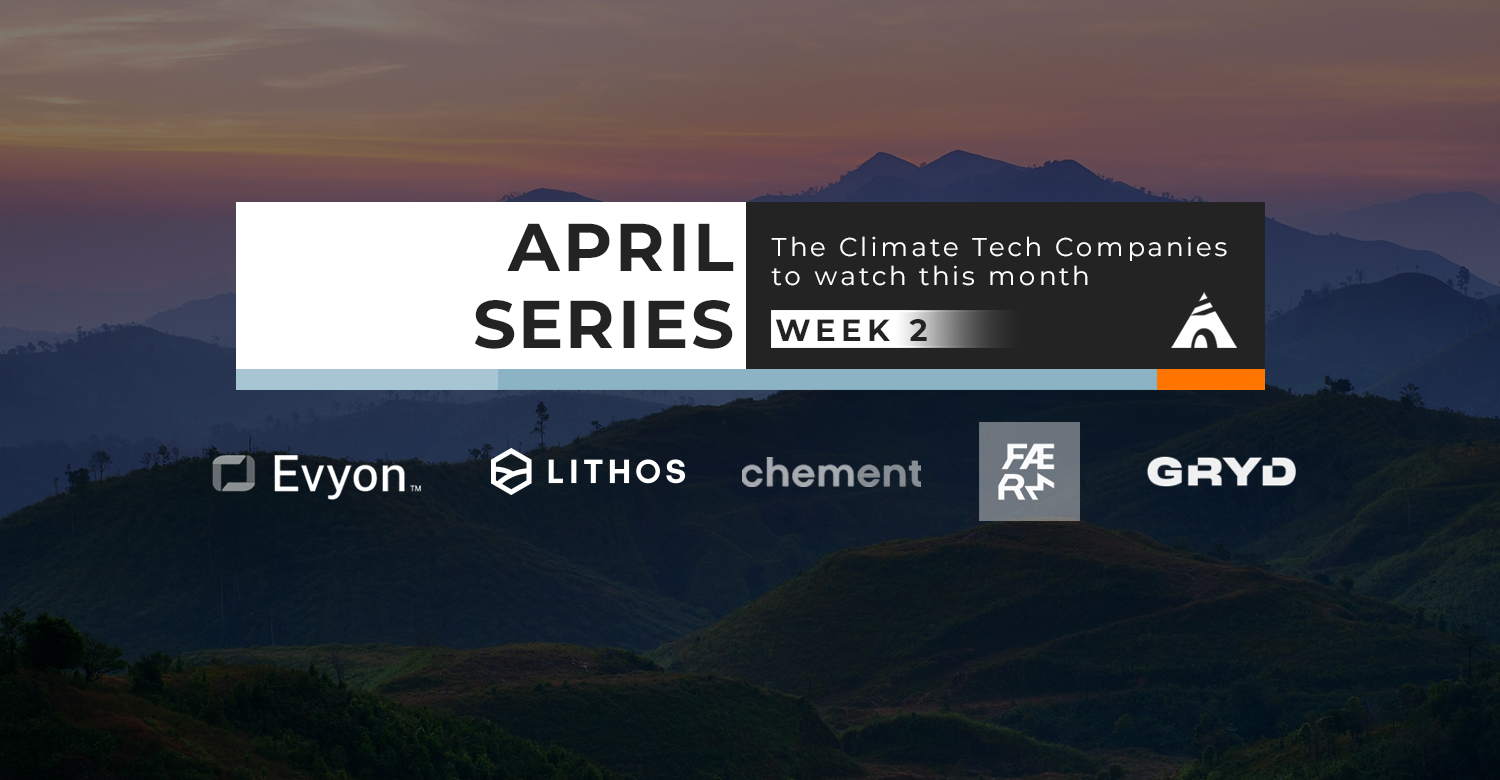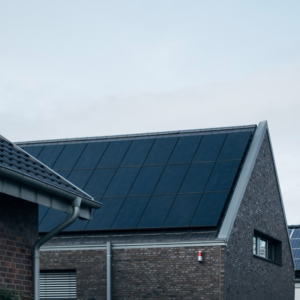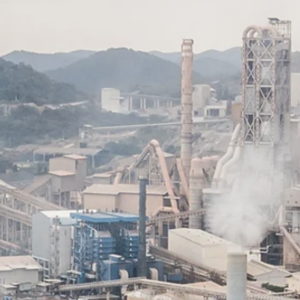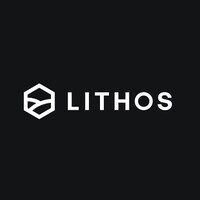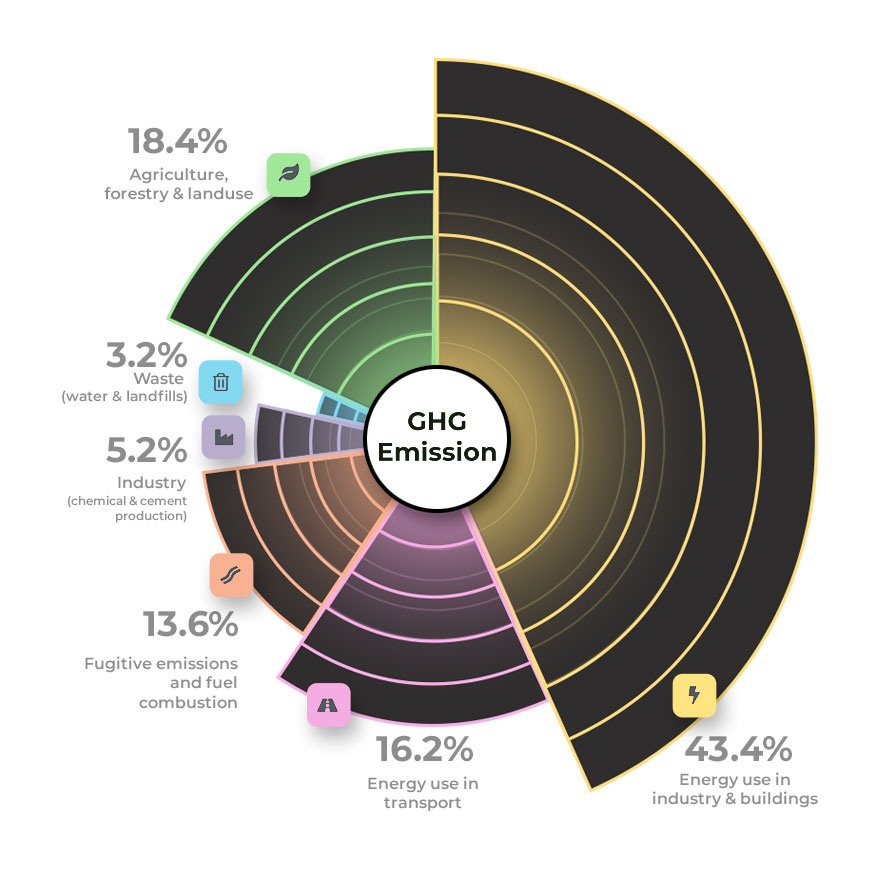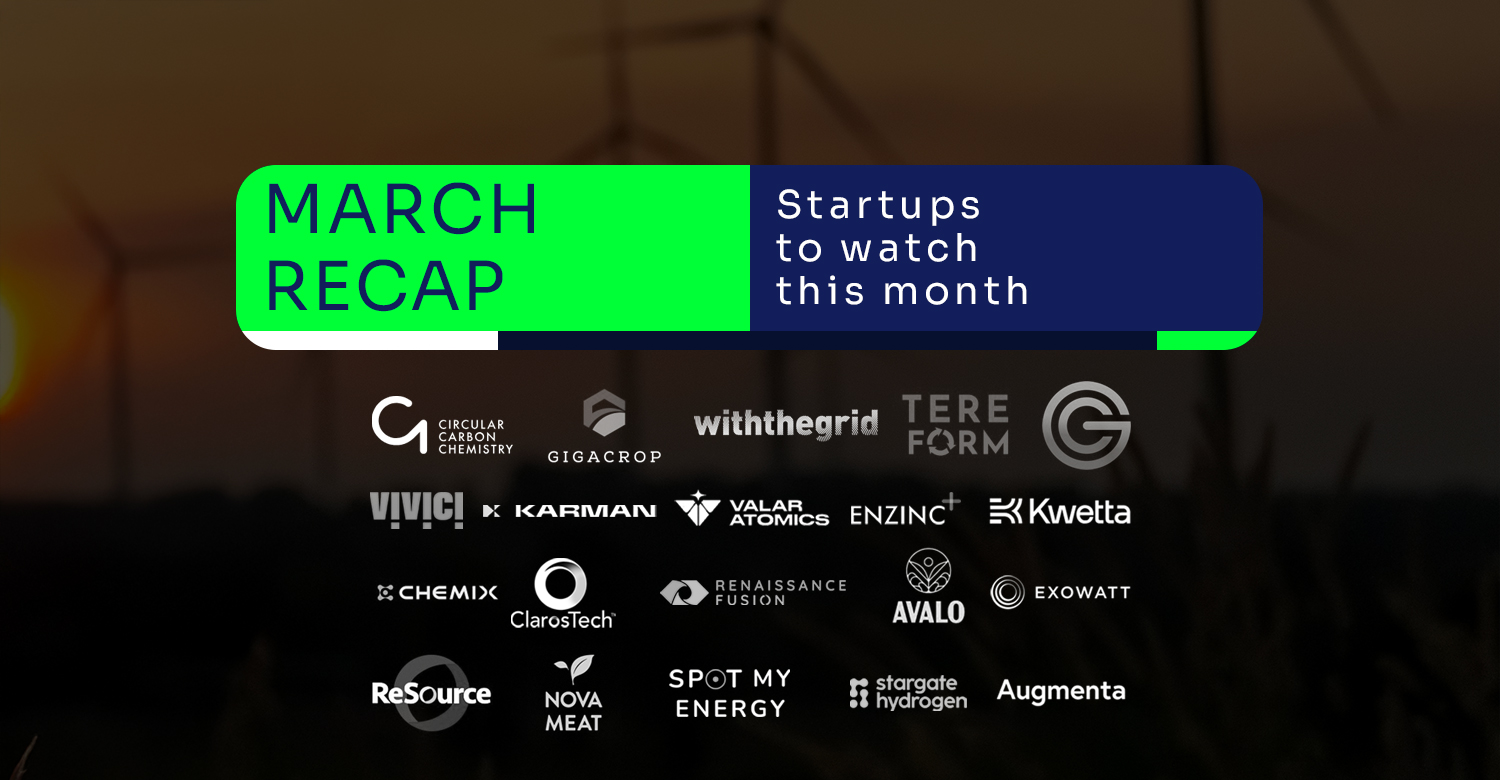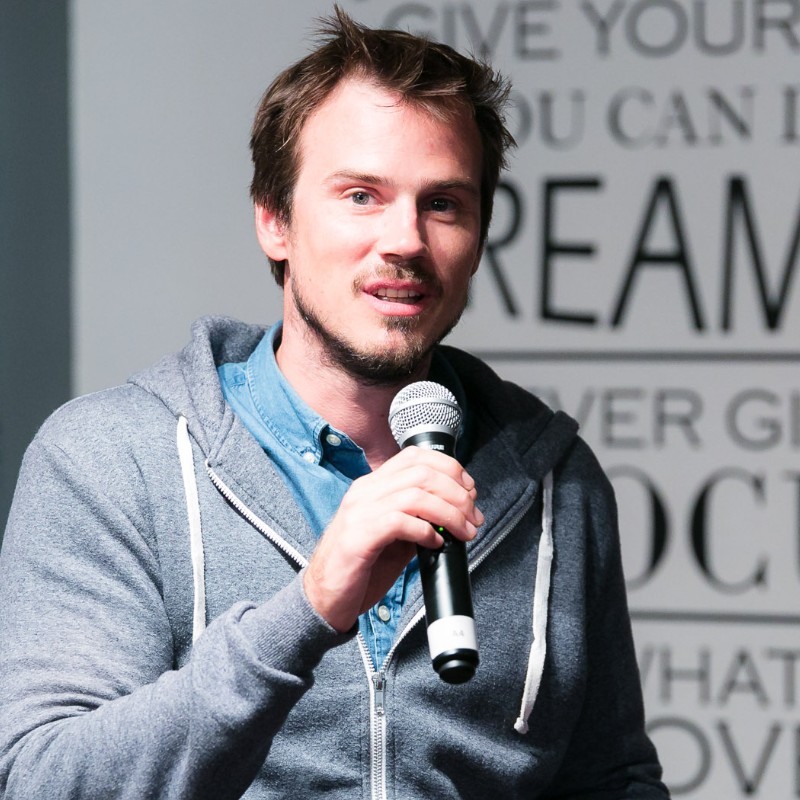April Week 2, 2024: In this weekly series, we highlight 5 climate tech startups to watch by featuring the incredible startups, companies, or projects that are leading the fight against the climate crisis.
Each month, we add these startups to our running list, which we have categorized based on fuel emission sector data from the most detailed, recent data SBC could identify from the World Resource Institute in 2016.
This initiative from Startup Basecamp aims to support founders by giving them access to networking and exposure opportunities that help them to scale and finance their climate tech solutions.
Do not hesitate to join our collective movement by requesting your membership.
With care,
Guillaume and the SBC TEAM
Energy use in Industry and Buildings
Founded: 2023 – London, UK
Founder: Scott Whiteside, Mohamed Gaafar & Tom Jordan
Elevator Pitch: Creating a fair and shared smart energy network.
Problem they solve: The reliance on centralized energy grids and non-renewable energy sources poses challenges for sustainability, energy independence, and cost-effectiveness. Traditional solar solutions can be inaccessible or unaffordable for many homeowners. GRYD addresses these issues by providing an integrated, smart solar energy system that is both accessible and efficient, breaking down barriers to solar adoption and enabling widespread use of clean energy directly where it’s needed most – at home.
Impact: By leveraging roof space for solar energy generation, GRYD not only decreases dependence on fossil fuels but also supports the grid during peak demand times, enhancing overall energy resilience. This approach aligns with global sustainability goals, driving forward the transition to a more sustainable and energy-independent future.
Stage: Pre-Seed.
Interested in GRYD Energy?
To learn more about their technology or get in touch, see here.
Cross-cutting enablers
Founded: 2021 – Chicago, IL, USA
Leadership: Gregory Houchins
Elevator Pitch: Chement aims to make cement production more energy-efficient, powered by renewable electricity, and facilitate low-cost capture of process emissions.
Problem they solve: Cement production is a major environmental concern, responsible for approximately 8% of global greenhouse gas emissions annually. Traditional production methods rely heavily on energy-intensive and high-emission coal-fired kilns. Chement tackles these issues head-on by introducing a cleaner, more sustainable method of production that leverages renewable electricity and innovative technology to reduce energy consumption and enable efficient carbon capture, addressing the urgent need for more environmentally friendly construction materials.
Impact: By shifting to renewable electricity and enhancing the efficiency of production and carbon capture, Chement contributes to a substantial decrease in global greenhouse gas emissions. This innovation not only helps combat climate change but also paves the way for a sustainable future in construction and infrastructure development, setting new standards for ecological responsibility in one of the world’s most essential industries.
Stage: Seed.
Interested in Chement?
If you are interested in learning more, see here.
GHG Capture, Use, and Storage
Founded: 2022 – San Francisco, CA, USA
Founder: Mary Yap, Dr. Noah Planavsky & Dr. Chris Reinhard
Elevator Pitch: Accelerating mineral weathering by spreading basalt on croplands to increase dissolved inorganic carbon with eventual storage as ocean carbonates. Their technology uses novel soil models and machine learning to maximize CO₂ removal while boosting crop growth. Addressing atmospheric CO2 levels and enhancing agricultural productivity simultaneously presents a significant challenge. Traditional carbon removal methods can be costly and inefficient, while improving soil health and crop resilience often involves environmentally harmful practices.
Problem they solve: Lithos Carbon addresses these issues by integrating carbon sequestration with agricultural enhancement, using basalt to naturally capture CO2 and improve soil conditions without the adverse effects of chemical applications.
Impact: Lithos Carbon’s use of crushed basalt for enhanced rock weathering represents a dual triumph for environmental sustainability and agricultural innovation. This method not only captures and stores atmospheric CO2 permanently but also revitalizes soil, increasing its nutrient content and improving crop resilience against drought and pests. By turning a waste product into a resource for greener farming, Lithos Carbon showcases a scalable, effective strategy for reducing greenhouse gases and promoting sustainable agriculture practices worldwide.
Stage: Seed.
Want to learn more about Lithos Carbon?
To learn more about their technology or get in touch see here.
Energy use in Transport
Founded: 2020 – Oslo, NW
Founders: Jørgen Erdal & Radu Achihai
Problem they solve: The surge in EV usage forecasts an increase in discarded EV batteries, with yearly volumes expected to reach over 200 GWh by 2030. Many of these batteries, having over 80% capacity remaining, represent a significant opportunity for second-life applications. Evyon addresses the challenge of potentially wasted high-value assets by offering an innovative solution to repurpose these batteries, preventing environmental waste and unlocking their untapped potential for energy storage.
Impact: By repurposing EV batteries, Evyon not only prevents unnecessary waste and conserves resources but also facilitates the expansion of renewable energy storage. This is essential for stabilizing the grid and ensuring a steady supply of clean energy, especially critical as the world transitions to renewable sources to meet increasing electricity demands.
Stage: Seed.
Interested in Evyon?
To learn more about this company, see here.
Cross-cutting enablers
Founded: 2020 – Copenhagen, DK
Founders: Andrea Donau & Mikkel Lau Dupont
Elevator Pitch: FÆRM is a food tech company that uses science to further traditional cheese production methods, creating the future of non-dairy products. They re-design plant-masses to achieve the well-known textures and flavors from cheese to create taste experiences – unlike anything you’ve had before.
Problem they solve: The shift towards plant-based diets has created a demand for dairy alternatives that do not compromise on taste or texture. However, replicating the complex characteristics of cheese has been a significant challenge. FÆRM addresses this by reimagining plant-based materials into high-quality cheese alternatives that meet consumer expectations for flavor, texture, and sustainability, enabling producers to tap into the lucrative market of plant-based dairy without extensive overhaul of their existing operations.
Impact: FÆRM’s innovative approach to plant-based cheese production contributes significantly to environmental sustainability by offering an alternative to dairy cheese, which is associated with high carbon and water footprints. By providing a delicious and eco-friendly cheese alternative, FÆRM encourages a shift towards more sustainable eating habits and production practices, reducing the environmental impact of the food industry and promoting a healthier planet.
Stage: Pre-Seed.
Interested in FÆRM?
If you are interested in learning more, see here.
Do you know of other startups we should include in our Startups to Watch Series? Submit to our list!
How do these startups fit in with all the others we have looked at?
Check out our running list of the 400+ climate tech startups to watch we have featured.
